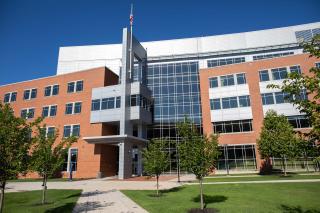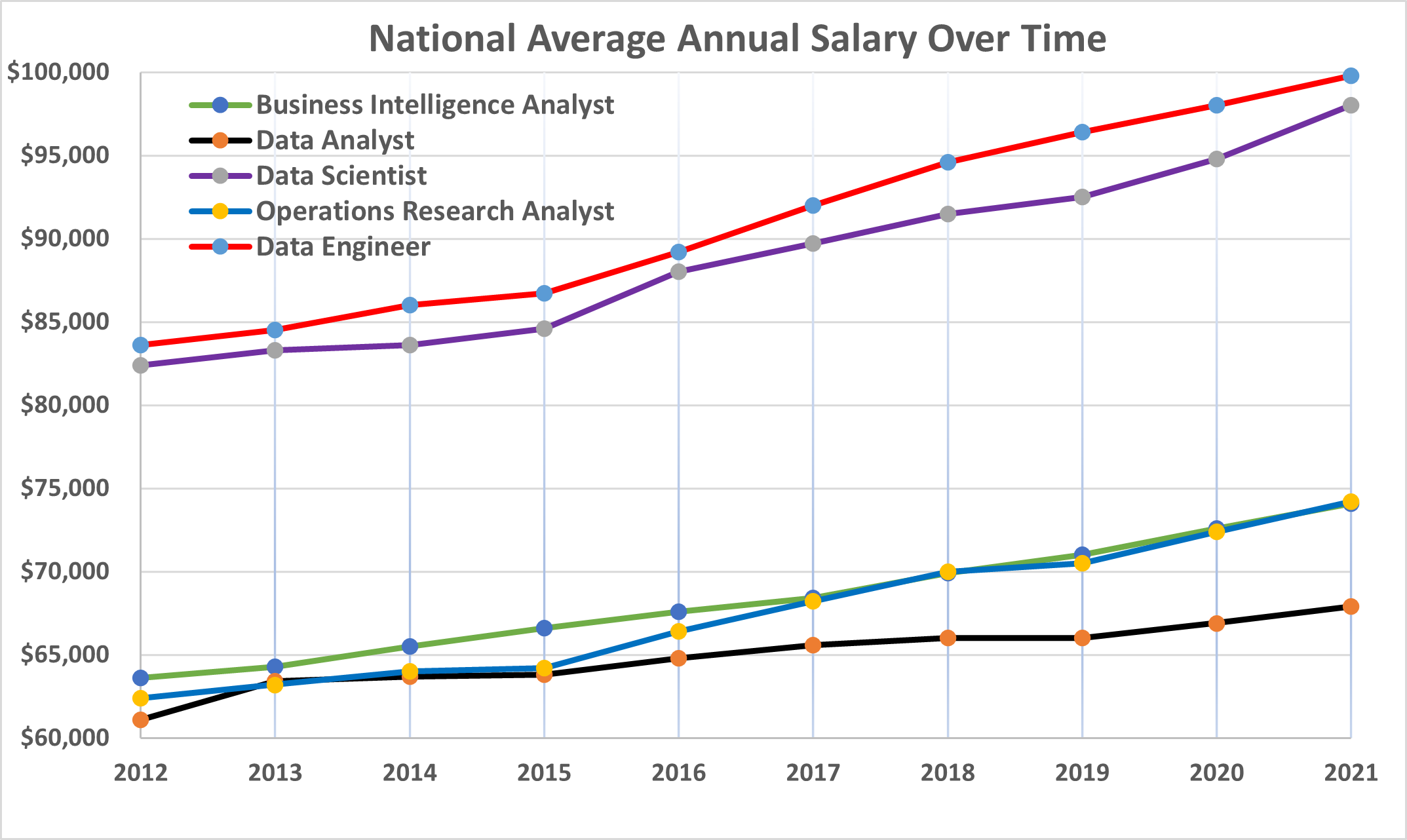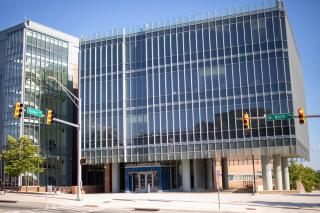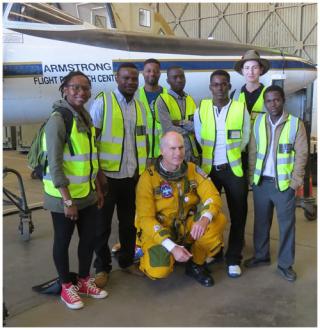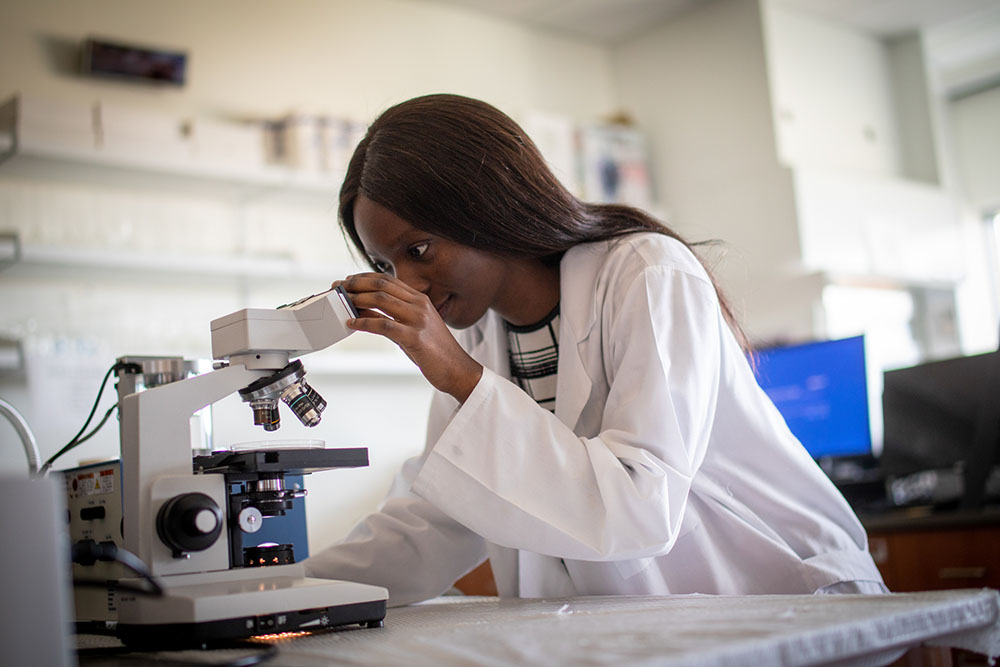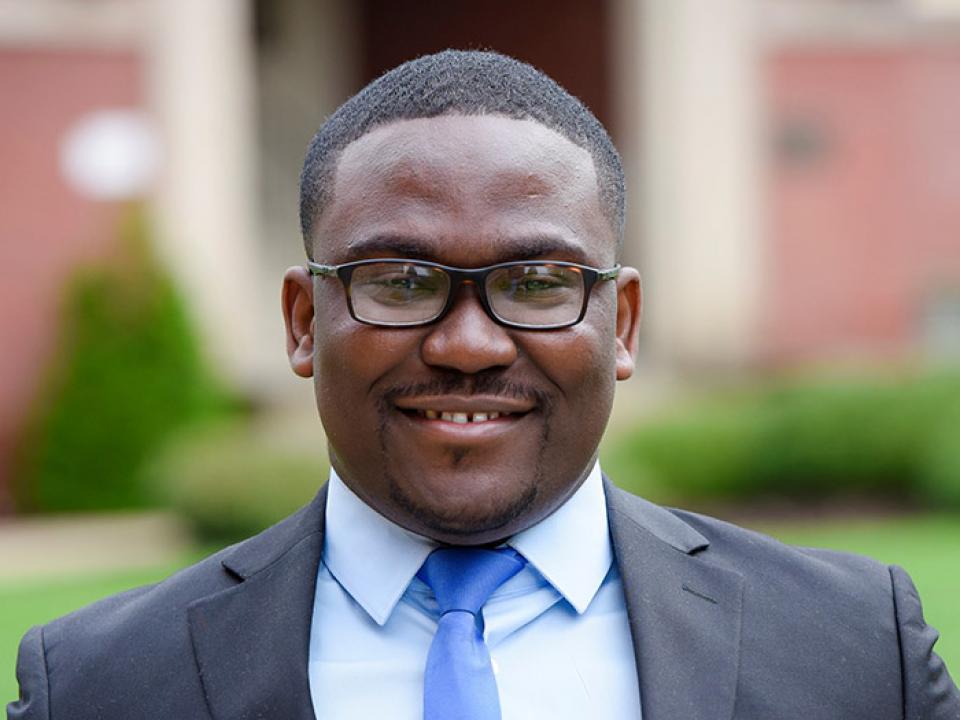Current Theatre Season
Coppin Repertory Theatre
Current Theatre Season
2024/2025 Anniversary Theatre Season
Coppin State University’s resident theatre company, Coppin Repertory Theatre, will raise the curtain on its twentieth season of plays, called the Anniversary Theatre Season, celebrating the rich artistic heritage of African American culture through theatre. This year’s schedule features three shows—two new dramas, and an ancient Greek classic.
Marty and the Hands That Could, the season premiere, is a new play by Coppin’s Playwright in Residence, Josh Wilder. The protagonist, Marty, is released from prison on the eve of his 25th birthday. He returns home to his family, equipped with a handwritten manuscript and big dreams to turn his life around. But his cousin Junior has also come home with problems of his own, setting them on a collision course as they struggle to break free of the curse that has haunted their family for generations. Can Marty put his hands to good use, or is his fate already written? Performances are scheduled in the James Weldon Johnson Auditorium October 10-13, 2024.
Antigone, Sophocles’ perennial classic, explores the tension between personal morality and the laws of the state, the nature of justice, the role of fate in human life, and the danger of excessive pride. This exploration produces a thought-provoking play that has been deliberated throughout the centuries. The central figure is Antigone, the daughter of Oedipus and Jocasta, who displays an unwavering commitment to her familial duty and to the gods, even in the face of opposition from the state. Her character challenges the audience to consider the importance of standing up for one’s beliefs, even in the face of resistance from authority. King Creon, her uncle, on the other hand, is blinded to the higher rulings of the gods. He exhibits a resolute adherence to the law, maintaining order and stability for the peace of his state. The complicated relationship between personal conscience and law, tackled within the play, has enshrined Antigone as one of the most famous Greek tragedies. Production dates are December 5-8, 2024 in the Theatre Lab.
Leftovers, another new work by Josh Wilder, is the season finale. Jalil and Kwamaine just want their family to be “Cosby Show happy,” but that kind of life does not seem to be in the cards—until an enormous dandelion pops up in front of their South Philly home and wishes start falling from the sky. Seizing the possibility of no longer feeling like the city's leftovers, the brothers begin to dream their way out of the cycle of poverty that has governed their lives and find themselves on an adventure they never could have imagined. Leftovers closes the Anniversary Season again in the Theatre Lab, running May 1-4, 2025.
For more information about the Anniversary Theatre Season, call, or email Dr. Hyatt in the Visual and Performing Arts Area at (410) 951-3369 or ghyatt@coppin.edu.
God Is Going to Trouble the Waters
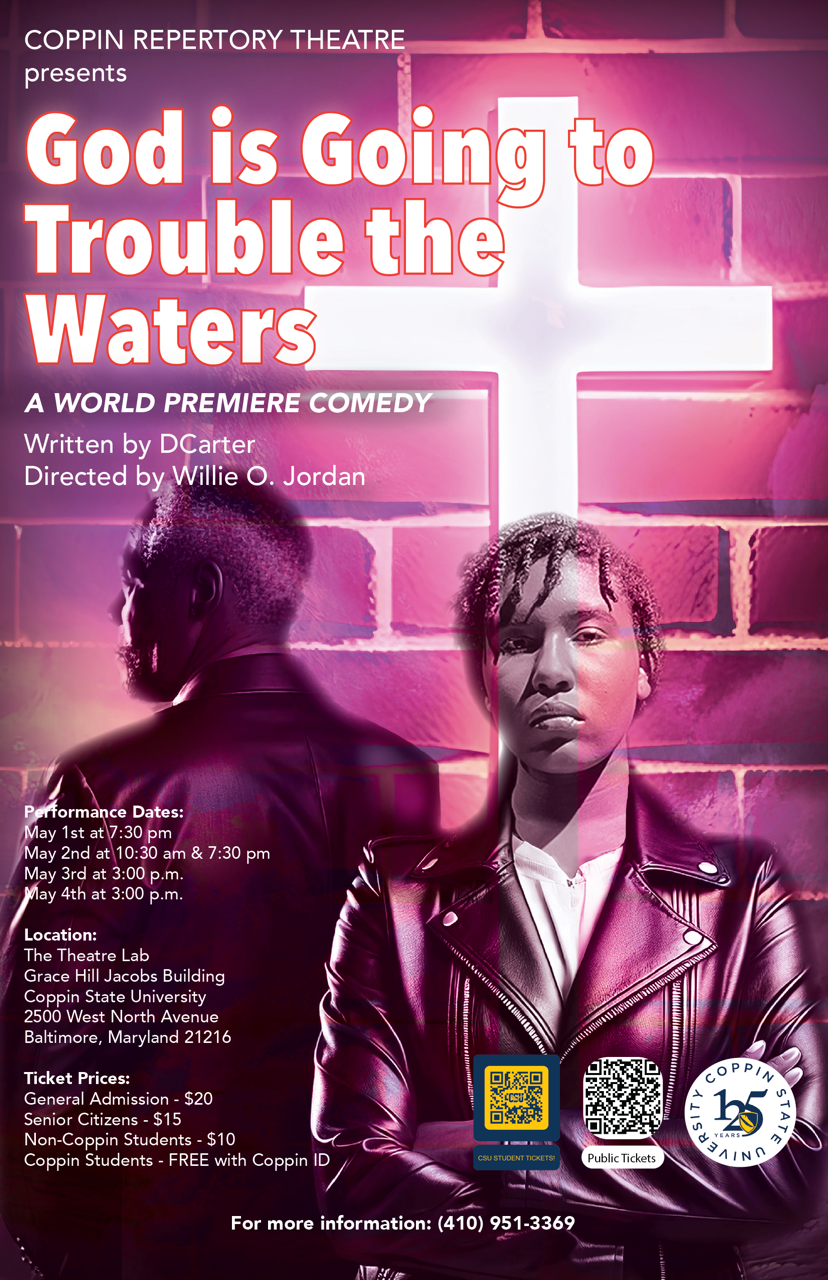
May 1-4, 2025
A World Premiere Comedy by DCarter, Playwright
Directed by Willie O. Jordan
God Is Going to Trouble the Waters is a delightful awakening into the lives of imperfect people. When Reverend Waters' daughter Regina decides to explore her secular side by taking a job as a dancer in a gentlemen's club, she encounters an unlikely patron...her father. Fireworks ignite. The ensuing fallout has serious repercussions for the whole family and the church. God Is Going to Trouble the Waters is a humorous tale about faith, family, friendship, community, and, ultimately, salvation.
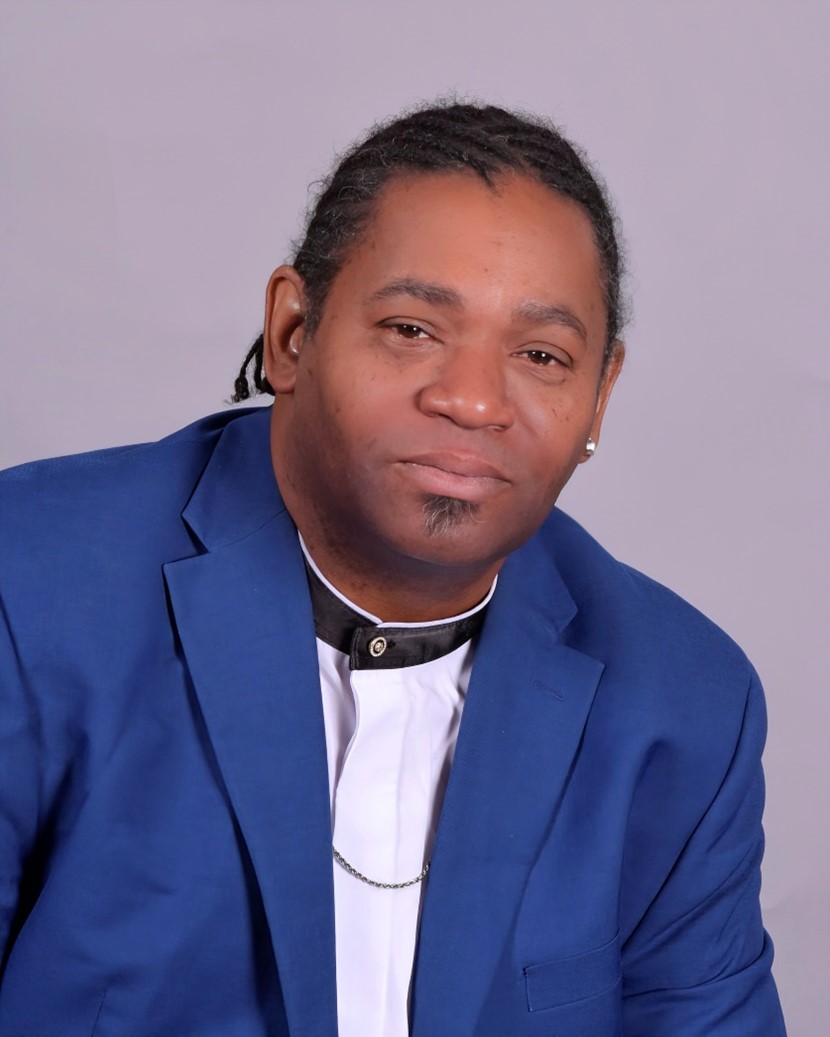
DCarter, a native of Baltimore, is a 2022 theatre graduate of Coppin State University. He has been a member of the Arena Players in Baltimore since 1989 when he made his acting debut in Charles Fuller’s A Soldiers Play. He has also performed with theatre companies throughout the Greater Charm City area, including Coppin, Morgan, and Fells Point Corner Theatre.
As a director, DCarter was first trained by his mentor Samuel H. Wilson Jr., the legendary founder of the Arena Players. He has subsequently been mentored by Donald Owens, Amini Courts, Eileen J. Morris of Ensemble Theatre in Houston, Texas and Professor Willie O. Jordan.
As a playwright, DCarter has written eight plays that have been performed on stage and has won three NADSA S. Randolph Edmonds awards for playwriting, including Brother's Keeper, Orphaned, and Lies. His first full-length play, God is Going to Trouble the Waters was workshopped at the Arena Players and received subsequent staged readings at the Black Academy of Arts and Letters (TBAAL) and as part of Ensemble Theatre’s New Voice Fest in Houston, Texas.
Marty and the Hands That Could

October 10-13, 2024
A New Play by Josh Wilder, Playwright-in-Residence
Directed by Willie O. Jordan
Released from prison on the eve of his 25th birthday, Marty returns home to his family, equipped with a handwritten manuscript and big dreams to turn his life around. But his cousin Junior has also come home with problems of his own, setting them on a collision course as they struggle to break free of the curse that has haunted their family for generations. Can Marty put his hands to good use, or is his fate already written?
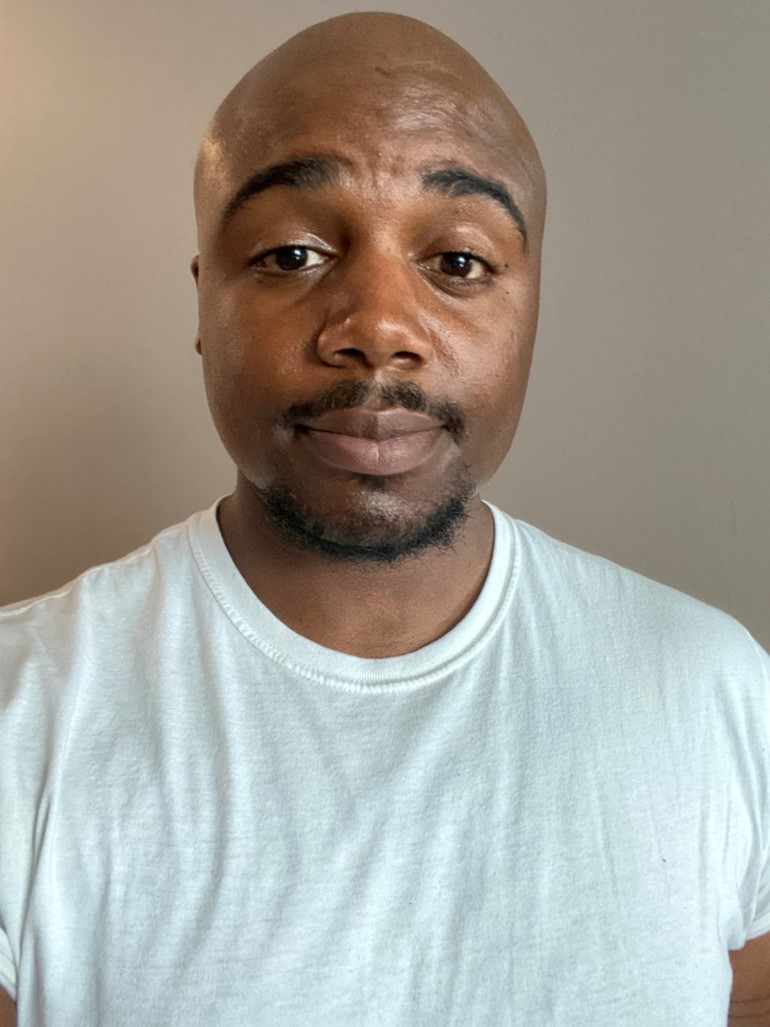
Josh Wilder is a playwright, actor, and producer from Philadelphia. He received his BFA Degree in theatre at Carnegie Mellon and his MFA Degree in Playwriting at Yale University. His work has been developed, commissioned, and produced at various regional theatre and festivals across the country including The Fire Next Time Festival, Classical Theatre of Harlem, New York Theatre Workshop, True Colors Theatre Company, Kennedy Center, Oregon Shakespeare Festival, the O’Neill National Playwrights Conference, PlayPenn, Company One, InterAct Theatre Company, and Yale Rep. Past awards include the Holland New Voices Award, the Lorraine Hansberry Award, the Rosa Parks Award, and the ASCAP Cole Porter Prize. Josh is also a former Jerome Fellow and the first national recipient of the Jerome Many Voices Fellowship at Playwrights’ Center. He has been in residence at the Royal Court Theatre, Sundance at Ucross, and served as Co-Artistic Director at the Yale Cabaret for its 50th season. He is the Co-Founder/Producer of the New Griots Black Arts Festival in the Twin Cities with Jamil Jude. Currently, he’s stationed in Baltimore, Maryland as Playwright-in-Residence at Coppin State University.
The Theatre Program is within the Department of Humanities in the College of Arts & Sciences, and Education.


